ESMO 2024: BRAFTOVI and MEKTOVI Extend Survival in Rare Mutant Lung Cancer
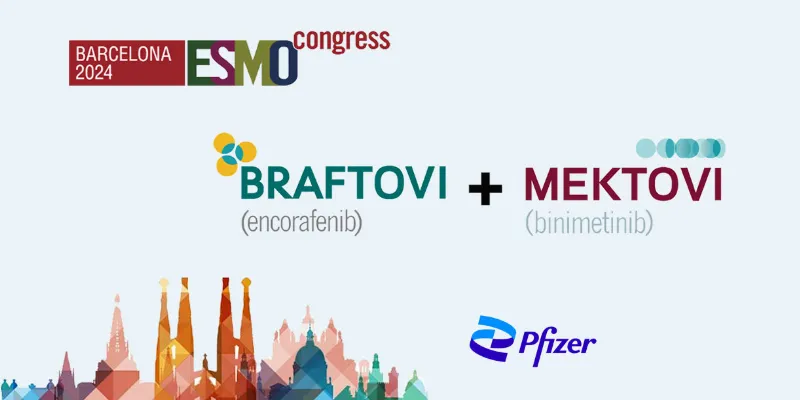
Presented at ESMO 2024, the Phase 2 PHAROS trial revealed that BRAFTOVI® and MEKTOVI® combination therapy has significant long-term benefits for patients with BRAF V600E-mutant metastatic non-small cell lung cancer (NSCLC). The new data showed a 75% objective response rate in treatment-naïve patients.
Pfizer announced that its combination therapy of BRAFTOVI® (encorafenib) and MEKTOVI® (binimetinib) has demonstrated significant long-term benefits for patients with BRAF V600E-mutant metastatic non-small cell lung cancer (NSCLC). Presented at the European Society for Medical Oncology (ESMO) Congress 2024, the Phase 2 PHAROS clinical trial results revealed that treatment-naïve patients had a 75% objective response rate and a median progression-free survival of 30.2 months.
Extended Survival Rates
Moreover, the median duration of response was 40 months, indicating that the effects of the treatment were sustained over a long period. After an additional 18 months of follow-up, as assessed by independent radiology review, treatment-naïve patients had an objective response rate (ORR) of 75% and a median duration of response (DoR) of 40 months, while previously treated patients had an ORR of 46% and a median DoR of 16.7 months.
“The longer-term follow-up results from the PHAROS trial represent an important step forward in the treatment of BRAF V600E-mutant metastatic NSCLC, especially for treatment-naïve patients. These compelling results support the BRAFTOVI and MEKTOVI combination as a standard of care option for these patients,” said Dr. Gregory Riely, Vice Chair of CRDM at Memorial SK Cancer Center and a PHAROS investigator.
The Phase 2 PHAROS trial is an open-label, multicenter, single-arm study evaluating the combination therapy of BRAFTOVI + MEKTOVI in both treatment-naïve and previously treated patients with BRAF V600E-mutant metastatic NSCLC. In longer-term follow-up of previously treated patients, the combination showed a median progression-free survival of 9.3 months and a median overall survival of 22.7 months.
“These potentially practice-changing results from the PHAROS trial show that the combination of BRAFTOVI + MEKTOVI is providing long-term compelling efficacy for patients, and although no definitive conclusions can be made across trials, the duration of response and progression-free survival in treatment naïve patients appear to be the longest observed for BRAF V600E–mutant metastatic NSCLC compared with historical outcomes,” said Dr. Roger Dansey, Chief Development Officer, Oncology, Pfizer.
Side Effects and Safety Profile
The safety profile of the drug combination remained consistent with previous findings. Treatment-related adverse events led to dose reductions in 26% of patients and to discontinuation in 16%. The most common side effects were nausea, diarrhea, and fatigue.
Based on earlier results from the PHAROS trial, the combination therapy received approval from the U.S. Food and Drug Administration (FDA) in October 2023 and from the European Commission in August 2024.
What is BRAF mutations?
BRAF mutations can occur in a number of tumor types, including metastatic melanoma, metastatic CRC and metastatic NSCLC. Among different types of BRAF mutations, the BRAF V600E mutation is particularly important as it occurs in approximately half of patients with BRAF -mutant metastatic NSCLC. 4 Further, this mutation represents up to 90% of BRAF mutations in melanoma 5 and more than doubles the risk of mortality for patients with CRC. 6 In addition to our continued investigation of BRAFTOVI + MEKTOVI for BRAF- mutant cancers, Pfizer is also exploring a next-generation BRAF inhibitor designed to selectively inhibit mutant BRAF monomers and mutant BRAF- containing dimers and be brain penetrant.





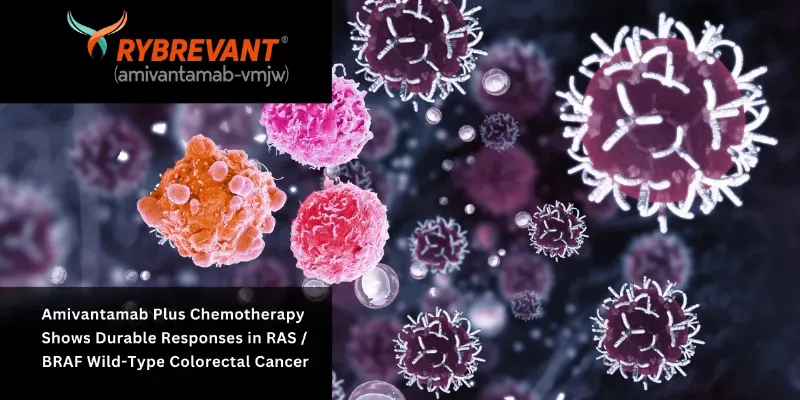
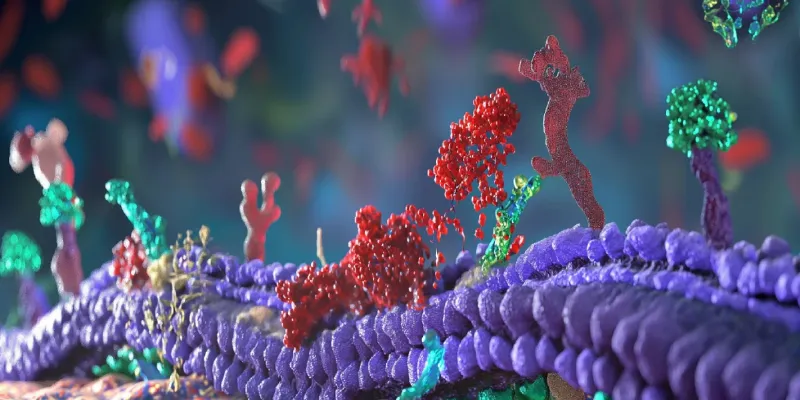
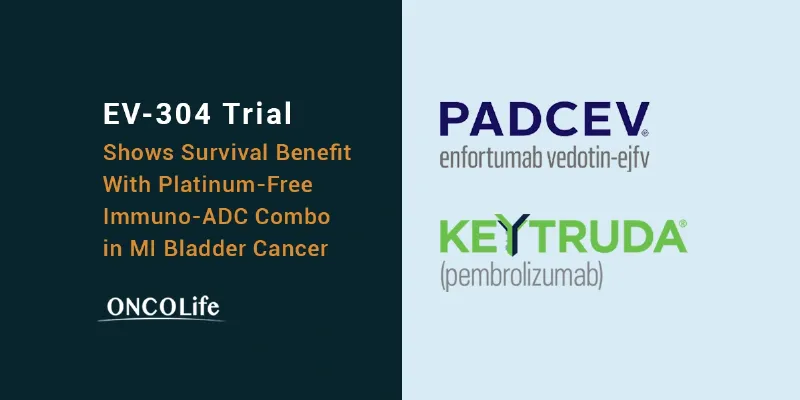
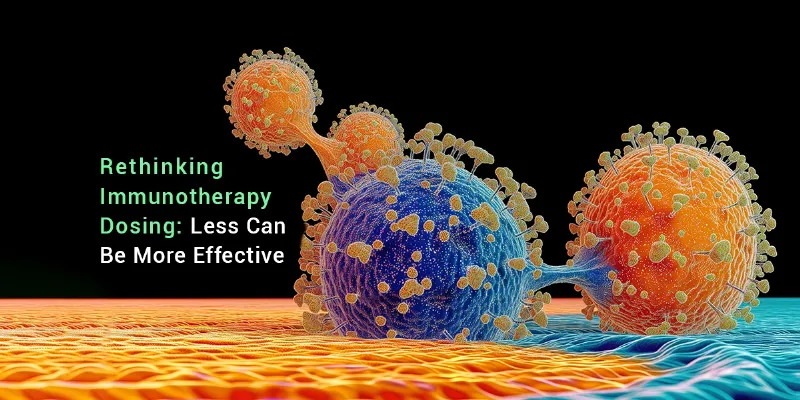
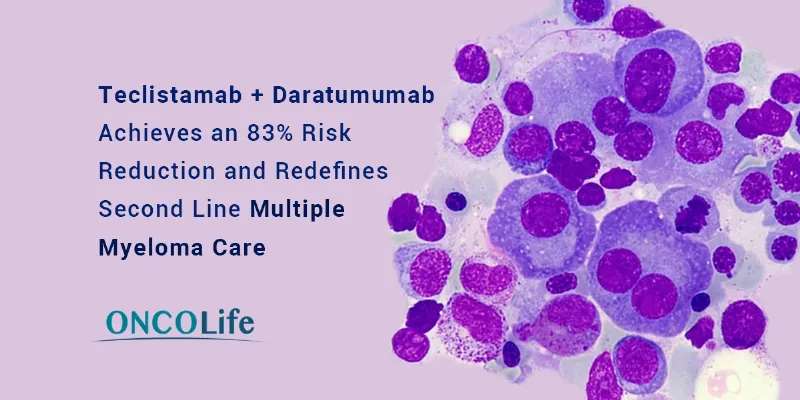
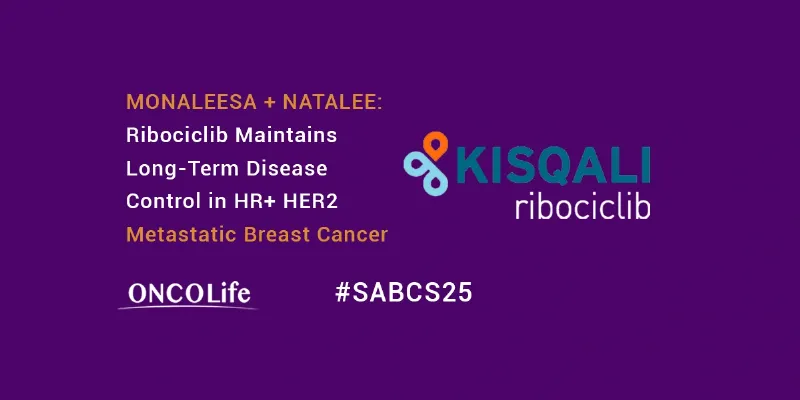
Comments
No Comments Yet!